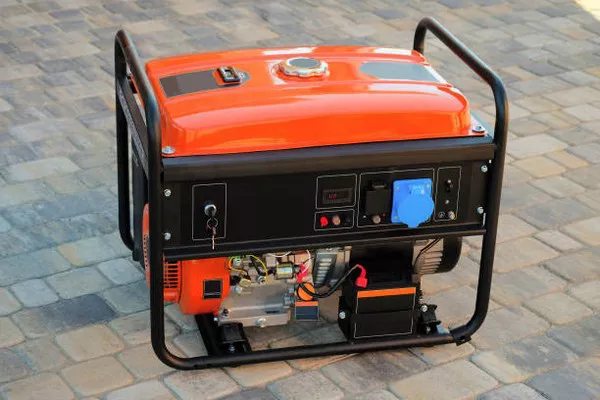Generators play a critical role in providing backup power during emergencies or in off-grid locations. They are reliable machines that can keep essential appliances and systems running when the primary power source fails. However, many generator owners are concerned about the impact of adverse weather conditions, particularly rain, on their valuable investment. In this comprehensive guide, we will explore whether rain can ruin a generator and discuss measures to protect your generator from the elements.
Understanding Generator Components
To assess the potential effects of rain on a generator, it is essential to understand the key components of these machines. A typical generator consists of an engine and an alternator. The engine, powered by fuel or other energy sources, generates mechanical energy, which the alternator converts into electrical energy. Additionally, generators have various electronic components and controls, such as voltage regulators, circuit boards, and wiring.
Rain and Its Impact on Generators
Rainwater, while seemingly harmless, can have detrimental effects on generators if proper precautions are not taken. Here are some ways rain can potentially harm a generator:
Water Infiltration: Generators are not designed to be completely waterproof, and rain can seep into the generator’s housing, leading to electrical shorts, corrosion, and other internal damage. Water can also accumulate in critical areas, causing rust and degradation over time.
Electrical Issues: Water infiltration can result in short circuits or electrical malfunctions, potentially causing irreparable damage to the generator’s electronic components.
Cooling System Problems: Generators require a cooling system to maintain the engine at the optimal operating temperature. Rainwater can disrupt the cooling process, leading to overheating and engine damage.
Fuel Contamination: Rainwater can contaminate the generator’s fuel supply if not properly sealed. Water in the fuel can damage the engine and reduce its efficiency.
Rust and Corrosion: Generators exposed to rain over an extended period can develop rust and corrosion on metal surfaces, which can affect their performance and longevity.
Protecting Your Generator from Rain
While generators are not inherently waterproof, there are several measures you can take to protect them from rain and minimize the risk of damage:
Shelter or Enclosure: The most effective way to shield your generator from rain is to place it in a dedicated enclosure or generator shed. Ensure the enclosure is well-ventilated to prevent heat buildup and has proper drainage to channel rainwater away from the generator.
Generator Canopies: Generator canopies or weather-resistant covers can provide protection from rain while allowing for adequate ventilation. Ensure the canopy is designed specifically for your generator model and properly secured.
Concrete Pad: Installing a concrete pad for your generator can prevent rainwater from pooling around the unit. This not only helps with drainage but also provides a stable and level surface for the generator.
Elevation: Elevating the generator slightly above ground level can help prevent water from seeping into critical components. However, be sure to consult the manufacturer’s guidelines for proper elevation.
Ventilation: Adequate ventilation is crucial to prevent heat buildup within the generator enclosure. Proper airflow helps dissipate heat and keeps the internal components dry.
Waterproof Electrical Connections: Ensure all electrical connections, outlets, and switches are properly sealed and waterproof to prevent short circuits and electrical malfunctions.
Regular Maintenance: Regularly inspect and maintain your generator to identify and address any issues caused by rain or other environmental factors promptly.
Generator Covers and Accessories
Investing in generator-specific accessories can significantly enhance protection against rain and other weather conditions. Here are some accessories that can help safeguard your generator:
Generator Covers: High-quality generator covers are designed to fit your specific generator model snugly. They provide excellent protection against rain, dust, and debris.
Inlet Box: An inlet box with a weatherproof cover can protect the generator’s electrical connections and power inlet from rain and moisture.
Weatherproof Outlets: Install weatherproof outlets to ensure that the electrical connections on the generator remain protected from rain and damp conditions.
Conclusion
In conclusion, while generators are robust machines designed to provide backup power, they are not impervious to the elements. Rain can indeed pose a threat to your generator, potentially causing damage to its electrical components, cooling system, and overall performance. However, by taking appropriate precautions and implementing protective measures such as enclosures, canopies, and regular maintenance, you can minimize the risk of rain-related damage and ensure your generator remains reliable when you need it most. Investing in generator-specific accessories like covers, inlet boxes, and weatherproof outlets can further enhance protection, prolonging the lifespan of your generator and preserving its functionality. Ultimately, with the right precautions in place, rain should not ruin your generator.

